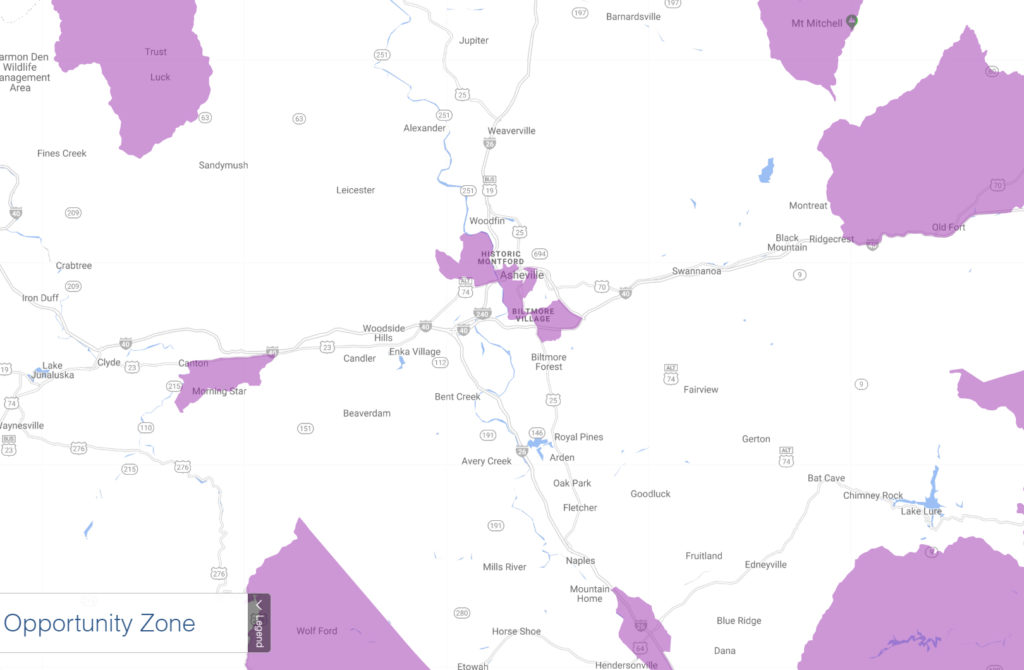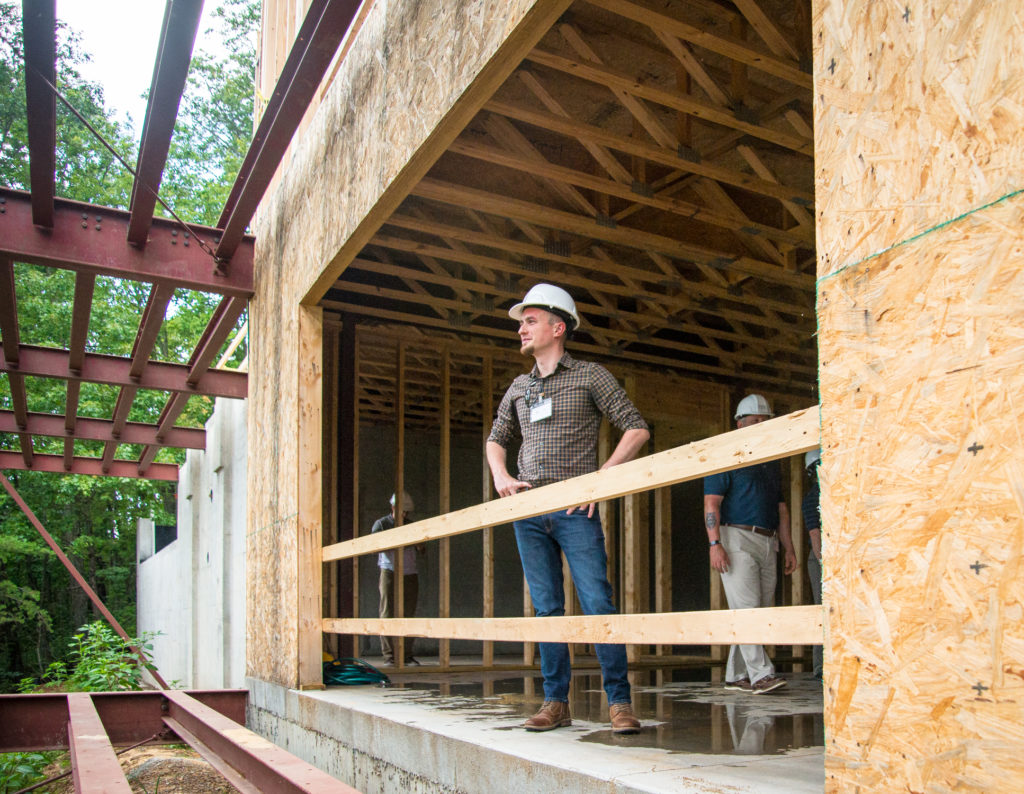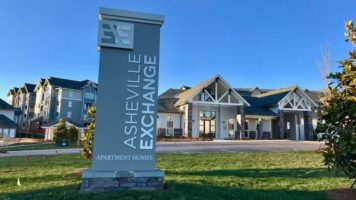It’s not uncommon for us to be bombarded daily with all of the negative news out there. This politician did this, the economy could be turning for the worse, this market is down, that market is down. We can all relate to these headlines having an impact on our daily lives and these would lead you to believe there is nothing positive in the works. As someone who is always trying to be as informed as possible on our real estate market and the economic factors that influence it, I want to know why the news stations are not shouting from the roof tops about Opportunity Zones!?!
So what are Opportunity Zones?
Proposed in 2017, evolved through 2018, and still finalizing the details in 2019, this is a tax incentive created with the intent of encouraging investment in specified areas that have been identified as in need of commercial investment for development and redevelopment. This incentive will allow investors to place their investments that are subject to capital gains tax into a Qualified Opportunity Fund (QOF) and defer their payment on those taxes as well as reduce or even delete all further gains on that investment from being taxed if held for a long enough term.

Can you give us a “thousand foot” view of what this would look like?
Bob decides volatility of the current stock market is a bit more risky than he would like so he decides to pull his funds out. Bob’s tax advisor tells him he has seen a growth of $100,000 since he has originally invested and although thats great news he must not forget he will need to claim this as capital gains on his next tax filing and pay the subsequent taxes. Just as Bob’s excitement over his brilliant investment is shattered, his advisor suggests another option. Lets invest this money into a Qualified Opportunity Fund. He explains to Bob that these taxes will now not be due until he cashes out or until he hits the ten year mark. Furthermore if he sees a return on this investment, that return will not be taxed as capital gains should he hold it for the entire ten year period. But wait there is even more! Remember the orginal amount he invested in the QOF to avoid the tax that will be due, if he holds the funds in the QOF for five years he will see a 10% reduction in what he owes for that original capital gains amount. Should he hold it for 7 years he will see an additional 5% reduction!
That sounds great if you are a wealthy investor, how does this help me, I am unemployed and struggling to get by in an area that is losing jobs while the rest of the country is thriving?
This is exactly why Opportunity Zones were created. It sounds like there is a good chance you may be living in a designated Opportunity Zone as each state and city has designated areas such as this that could really benefit from commercial investment in their areas and as a result see community revitilization and job creation. The idea behind all of this is to motivate those with the funds to reinvest their capital in local struggling economies rather than elsewhere. Maybe Bob saw a return of 8% last year on his stocks, it obviously would be rather enticing if he finds a QOF telling him they expect a return of 18% a year instead. Bob reinvests his money into this QOF that is pooling money from a number of investors. A few months later this fund is a few hundred million dollars of combined funds and begins purchasing property in these looked over parts of towns. With this level of capital investment you can expect to see significant community improvements and job growth. Think about these funds operating in nearly every city around the U.S. and the impact that could have. This is why I question why the news channels are not shouting this from their roof tops, we have some great news to share for once!

Tell me about the fine print.
Some of the limiting rules and regulations that have been discussed openly have been elements such as you must invest at least 101% of existing structures value into that structure for those renovations to qualify. Any investments must be made within 180 days of the sale or exchange of the previous investment. An owner of a property within an opportunity zone cannot sell it to a family member or entity they are associated with. Any entity that wants to qualify as a QOF must be comprised of 90% opportunity zone investments. Lastly, there are limitations on the types of businesses that will qualify for those property uses. They have specifically excluded the investment in golf courses, country clubs, massage parlors, liquor stores, and gambling facilities.
In closing there are two big takeaways from all of this, one, this is fantastic news and an incredible opportunity for not only investors and property owners, but also the communities around these designated opportunity zones. Second, its fine to start planning when and how to invest, but I would not start shifting investments until we have all of the details on the associated regulations. At this point there is still a lot of unknowns and I personally would want to make sure my idea was not excluded in some way prior to pulling funds from another investment.
I hope this has been informative and helps give a general over view of the Opportunity Fund program. I would love to hear your thoughts and feel free to reach out with any questions. If you are curious as to whether your property is within an opportunity zone I am happy to find that out for you. Lastly, always consult your tax and financial advisor prior to making investment decisions.


